National News Legal
Supreme Court gives equal rights to daughters in ancestral property in landmark judgement

The Supreme Court of India
In a landmark judgement, the Supreme Court on Tuesday gave equal inheritance rights to daughters to those of sons from properties of fathers, grandfathers and great-grandfathers right from the codification of the Hindu Succession Act in 1956.
The apex court ruled that daughters cannot be deprived of their right to equality and will have coparcenary rights on fathers property even if he died before the Hindu Succession (amendment) Act 2005 came into action.
The bench comprising Justice Arun Mishra, Justice S Abdul Nazeer and Justice MR Shah validated the point while clearing confusion arising from the apex courts conflicting interpretations of the amended Section 6 of Hindu Succession Act, which came into force from September 2005. In 2016, while SC decided that such right will not be retrospective in Prakash Vs Phulwati case, another bench in 2018 in Danamma Vs Amar held it to be reflective.
The existing bench cleared the confusing by stating: Daughters cannot be deprived of their right to equality conferred by Section 6 of the Act. The bench further ordered that such matters pending in trial courts shall be decided in the period of six months.
Legal
Karnataka High Court says wearing hijab non-essential practice in Islam; upholds ban
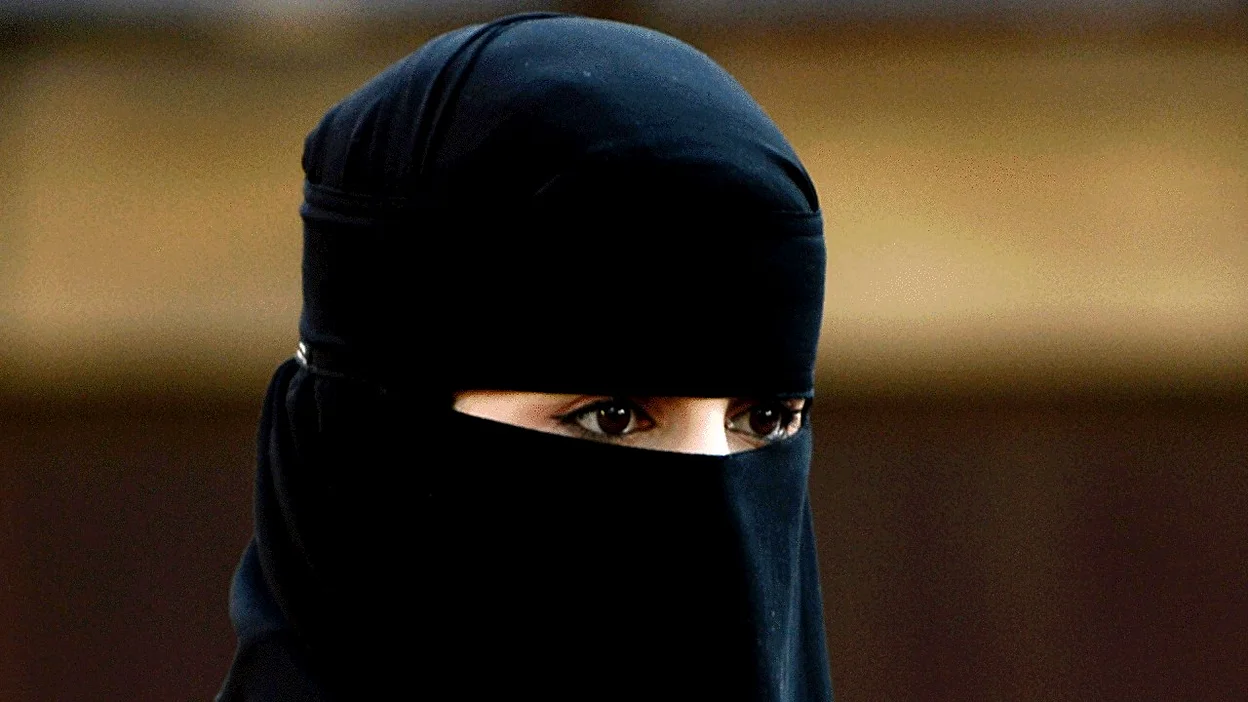
Representational image
The Karnataka High Court on Tuesday upheld hijab ban by dismissing petitions filed by a section of Muslim students from the Government Pre-University Girls College in Udupi seeking permission to wear hijab inside classrooms.
The court upheld the state government ban by saying, The prescription of school uniforms is a reasonable restriction.
The court further said hijab was not an essential religious practice in Islam. However, the petitioners are likely to challenge the ban in the Supreme Court.
“Met my clients in Hijab matter in Udupi. Moving to SC soon In sha Allah. These girls will In sha Allah continue their education while exercising their rights to wear Hijab. These girls have not lost hope in Courts and Constitution,” lawyer Anas Tanwir wrote in a tweet.
The court was answering three key questions on the controversy namely:
1. Whether wearing hijab is an essential religious practice in Islamic faith protected under Article 25?
2. Whether prescription of school uniform is violative of rights
3. Whether government order on February 5 was issued without application of mind and manifestly arbitrary?
A three judge bench comprising Chief Justice Ritu Raj Awasthi, Justice Krishna S Dixit and Justice JM Khazi delivered their verdict on the ongoing hijab controversy at 10.30 am today.
Ahead of the hijab row verdict, Section 144 was imposed in Bangalore and educational institutions remained closed.
Legal
SC grants bail to Rajiv Gandhi’s assassination convict AG Perarivalan jailed for 32 years

Rajiv Gandhi
The Supreme Court, on Wednesday afternoon, granted bail to AG Perarivala, one of the seven convicts in former Prime Minister Rajiv Gandhi assassination case.
However, the remission of his life imprisonment is pending before the President of India. AG Perarivala was serving life sentence and was jailed for almost 32 years.
Granting him bail, the court, in its order, said: Since Perarivalan has already undergone sentence for more than 30 years, we are of the considered view that he is entitled to bail in spite of the vehement opposition by the Additional Solicitor General Additional KM Nataraj.
Legal
Supreme Court to allow journalists inside courtrooms for physical hearing of cases

The Supreme Court of India, on Thursday, October 21, resumed hearing of cases and pleas in the physical mode for the first time since March 2020, when the COVID-19 pandemic broke out in India.
The Supreme Court has recently issued new SoPs for hybrid hearings as per which all cases on Wednesdays and Thursdays to be heard only in the physical presence of the counsels/parties in courtrooms.
Along with this, SC also decided to allow media persons inside the courtroom during the physical hearings. However, journalists would have to strictly adhere to COVID-19 related norms and protocols.
?With the physical hearing in the Supreme Court of India commencing tomorrow (Thursday, 21 October 2021), it has been decided to allow the media persons, subject to usual COVID restrictions, into the courtrooms for covering the proceedings,” said the top court in a press note.
Supreme Court heard cases through video conference since March last year due to the pandemic and several bar bodies and lawyers demanded that the physical hearings should be resumed immediately.
-
Health5 years ago
Amphoterecin B, used for treating black fungus, to now be manufactured in Nagpur
-
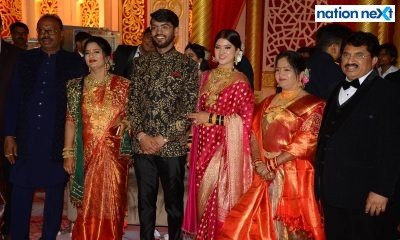
 Social4 years ago
Social4 years agoPoliticians, businessmen shower blessings on Chandrashekhar Bawankule’s son Sanket at his wedding reception
-
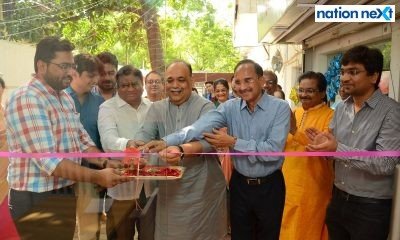
 Social4 years ago
Social4 years agoNagpur gets its first 7 am cafe ‘SEVEN O’ ELEVEN’ at Shraddhanand Peth
-

 Parties4 years ago
Parties4 years agoCouples have a blast, win awards at ‘Hollywood Oscar Night’ in Nagpur
-
Who´s Partying Next To You9 years ago
Nagpur brings in 2017 in style at Gondwana Club
-
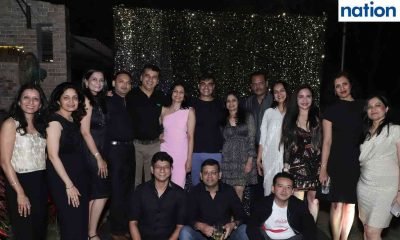
 Parties4 years ago
Parties4 years agoFamily, friends ‘wine n dine’ at Dr Shilpa Mukherji’s birthday bash in Nagpur
-
Who´s Partying Next To You8 years ago
Party revelers make noise at Nagpur’s first silent party on New Year Eve at Gondwana Club
-
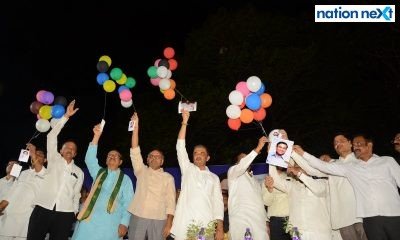
 Social4 years ago
Social4 years agoSunil Kedar kicks off 10-day Late Dr Shrikant Jichkar Memorial Cricket Tournament in Nagpur








